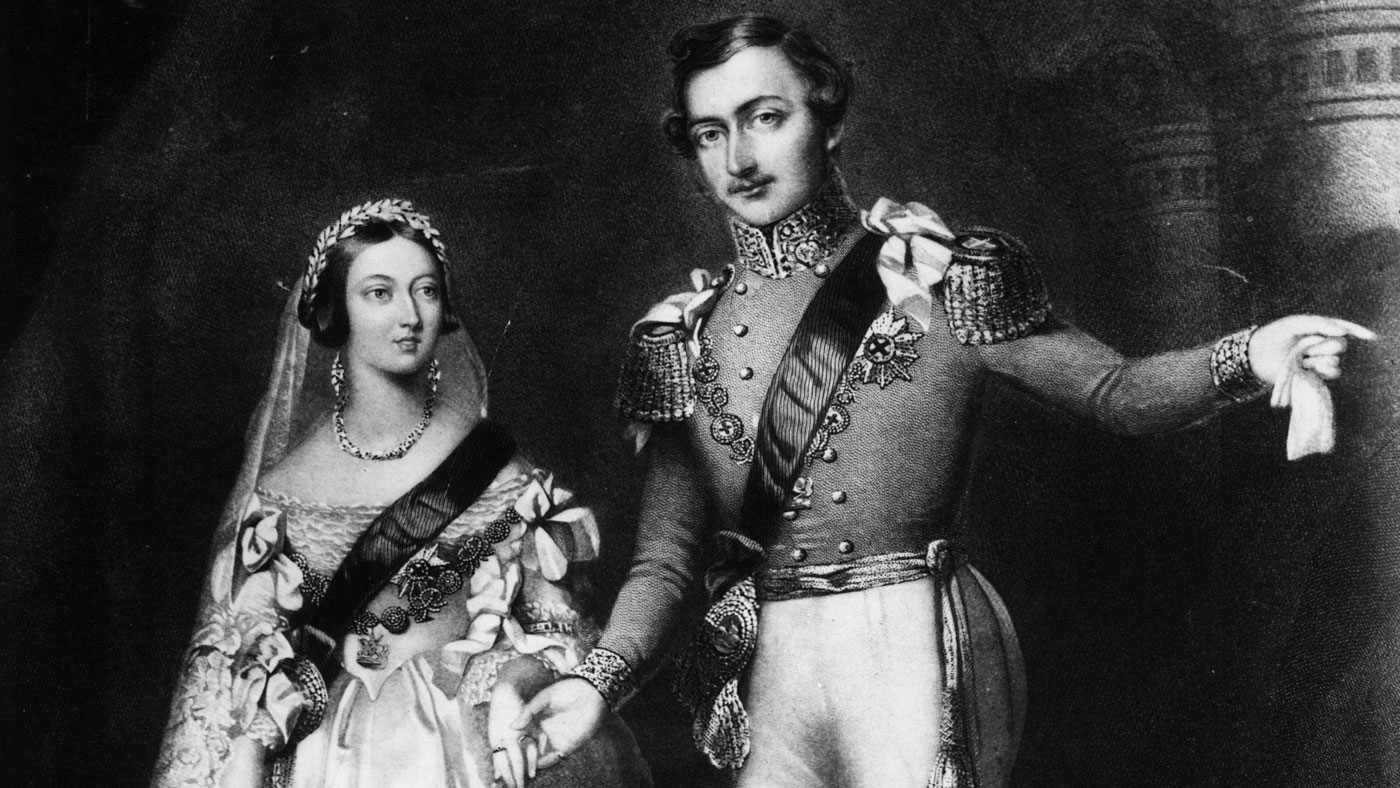How accurate is ITV’s Victoria season three?
Period drama’s creator says she mixes fact with fiction to tell the story of the long-reigning queen

A free daily email with the biggest news stories of the day – and the best features from TheWeek.com
You are now subscribed
Your newsletter sign-up was successful
The third season of the historical drama Victoria premiered on British TV screens last night to polarised reviews from critics.
The 19th-century period piece, which tells the life story of Britain’s second-longest-reigning monarch, has been praised by The Daily Telegraph for its “poise, passion and higher stakes”, but The Independent counters that the famed monarch “deserves better than this middling drama”.
The Guardian strikes a more nuanced tone, suggesting that “as light Sunday-night entertainment, the endlessly unsubtle Victoria does the trick” but warns that viewers shouldn’t even think about fact-checking the plot.
The Week
Escape your echo chamber. Get the facts behind the news, plus analysis from multiple perspectives.

Sign up for The Week's Free Newsletters
From our morning news briefing to a weekly Good News Newsletter, get the best of The Week delivered directly to your inbox.
From our morning news briefing to a weekly Good News Newsletter, get the best of The Week delivered directly to your inbox.
This criticism is nothing new for the series. Its first two seasons were pored over by historians and critics searching for historical inaccuracies. The general consensus was that the show “mixes a lot of historical detail with fictional characters and events”, as Daily History puts it.
Does season three follow suit?
The creator of the show, Daisy Goodwin, based much of the plot on Victoria’s personal diaries, which she wrote prolifically. According to Goodwin, the monarch knew that her mother and governess might read her diaries. Later she feared that Albert might be tempted to read them “so they weren’t entirely frank”.
Goodwin told History Extra that she had created a dramatic story for some characters but tried to ensure that the drama was inspired by real events, “whether they are assassination attempts, the repeal of the Corn Laws, or the terrible potato famine”. She insisted: “All the big building blocks of the series are true.”
A free daily email with the biggest news stories of the day – and the best features from TheWeek.com
On the website of broadcaster PBS, which airs the show in the US, Goodwin has created a full rundown of all the facts and inaccuracies that she added to the scripts of the first two episodes of the series.
In the first episode, for example, the then-prime minister Lord Palmerston is portrayed as an exuberant, vulgar man with a notorious reputation for womanising, while Prince Albert is shown visiting London’s most desolate slums to understand the living conditions of the poor in Victorian England.
According to Goodwin, these depictions and storylines are based on reality. She says that descriptions of Palmerston refer to him as a “dandy” and a “buck” who “combined office with a rambunctious sexual adventurism”. She also says that Albert toured London slums with philanthropist and social reformer Lord Shaftesbury, subsequently becoming the first president of the Society for Improving the Condition of the Labouring Classes.
But the second episode stands on historically shakier ground, as Goodwin freely admits. Although it accurately demonstrates Albert’s hatred of gambling and Bertie’s indifference about one day becoming king, Goodwin admits to giving the monarch “more liberal outlooks than she probably had” after she resists government pressure to use violence to contain the Chartists.
She also says there is no evidence to directly suggest that weapons were planted to try to portray the Chartists as violent. “However, there was definitely a lot of what we would call ‘spin’ at the time, and the idea was to put the Chartists in the worst possible light. So it didn’t happen, but it easily could have done,” she added.